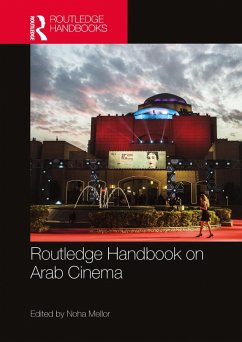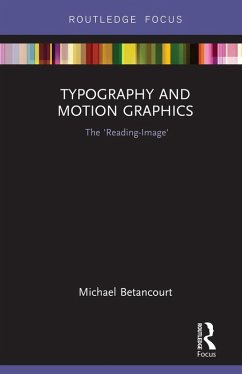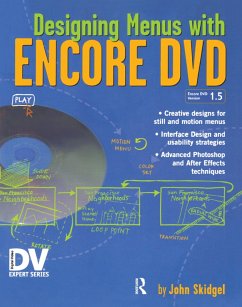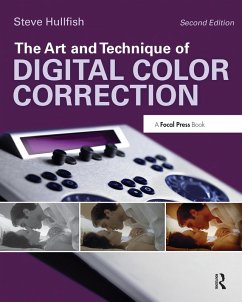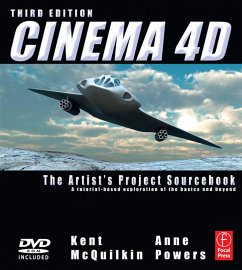
Routledge Handbook on Arab Cinema (eBook, ePUB)
Versandkostenfrei!
Sofort per Download lieferbar
47,95 €
inkl. MwSt.
Weitere Ausgaben:

PAYBACK Punkte
24 °P sammeln!
Building on a growing body of literature, this Handbook provides an up-to-date and authoritative survey of Arab cinema.The collection includes contributions from academics and filmmakers from across the Arab region, Europe, and North America, and fills a gap in media studies by examining the entire Arab region, rather than focusing on one country or theme. The Handbook also sheds light on the heterogeneity of Arab filmmaking not only within the Arab region, but also globally, within diasporic communities. It is split into six parts: Part 1 provides an overview of each sub-region in the Arab wo...
Building on a growing body of literature, this Handbook provides an up-to-date and authoritative survey of Arab cinema.
The collection includes contributions from academics and filmmakers from across the Arab region, Europe, and North America, and fills a gap in media studies by examining the entire Arab region, rather than focusing on one country or theme. The Handbook also sheds light on the heterogeneity of Arab filmmaking not only within the Arab region, but also globally, within diasporic communities. It is split into six parts:
This book is an essential reference for Arab media and cinema scholars, students, and professional filmmakers. With case studies from across the Arab region, it's also a valuable resource for anyone interested in film and media, global cinema, and the Middle East generally.
The collection includes contributions from academics and filmmakers from across the Arab region, Europe, and North America, and fills a gap in media studies by examining the entire Arab region, rather than focusing on one country or theme. The Handbook also sheds light on the heterogeneity of Arab filmmaking not only within the Arab region, but also globally, within diasporic communities. It is split into six parts:
- Part 1 provides an overview of each sub-region in the Arab world, including a chapter on Arab animation films.
- Parts 2, 3, and 4 address topical themes, encompassing the representation of gender, religion, and identity politics in Arab cinema.
- Part 5 discusses the theme of diaspora and Part 6 concludes the volume with reflective essays penned by selected diasporic filmmakers.
This book is an essential reference for Arab media and cinema scholars, students, and professional filmmakers. With case studies from across the Arab region, it's also a valuable resource for anyone interested in film and media, global cinema, and the Middle East generally.
Dieser Download kann aus rechtlichen Gründen nur mit Rechnungsadresse in A, B, BG, CY, CZ, D, DK, EW, E, FIN, F, GR, HR, H, IRL, I, LT, L, LR, M, NL, PL, P, R, S, SLO, SK ausgeliefert werden.




